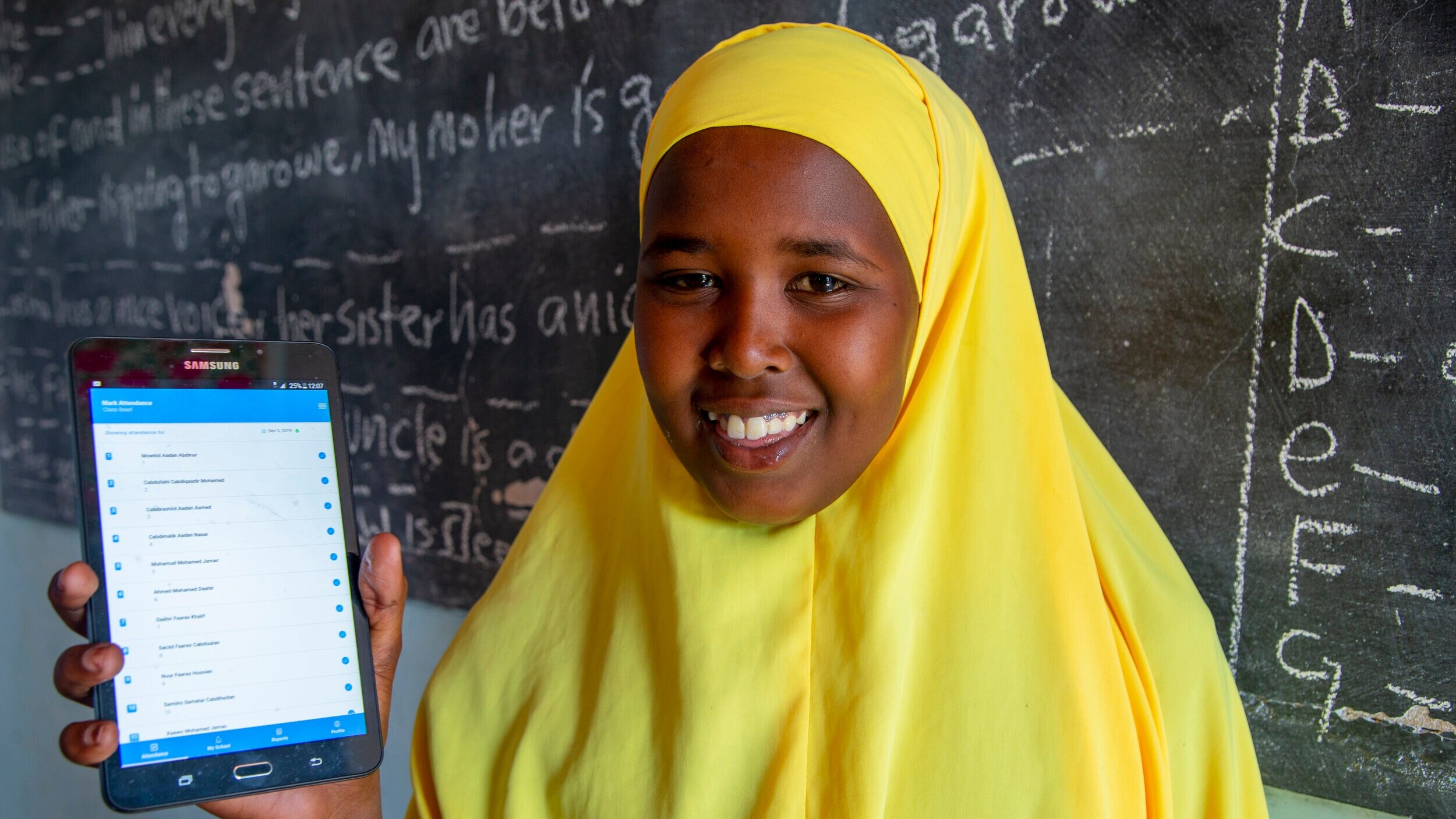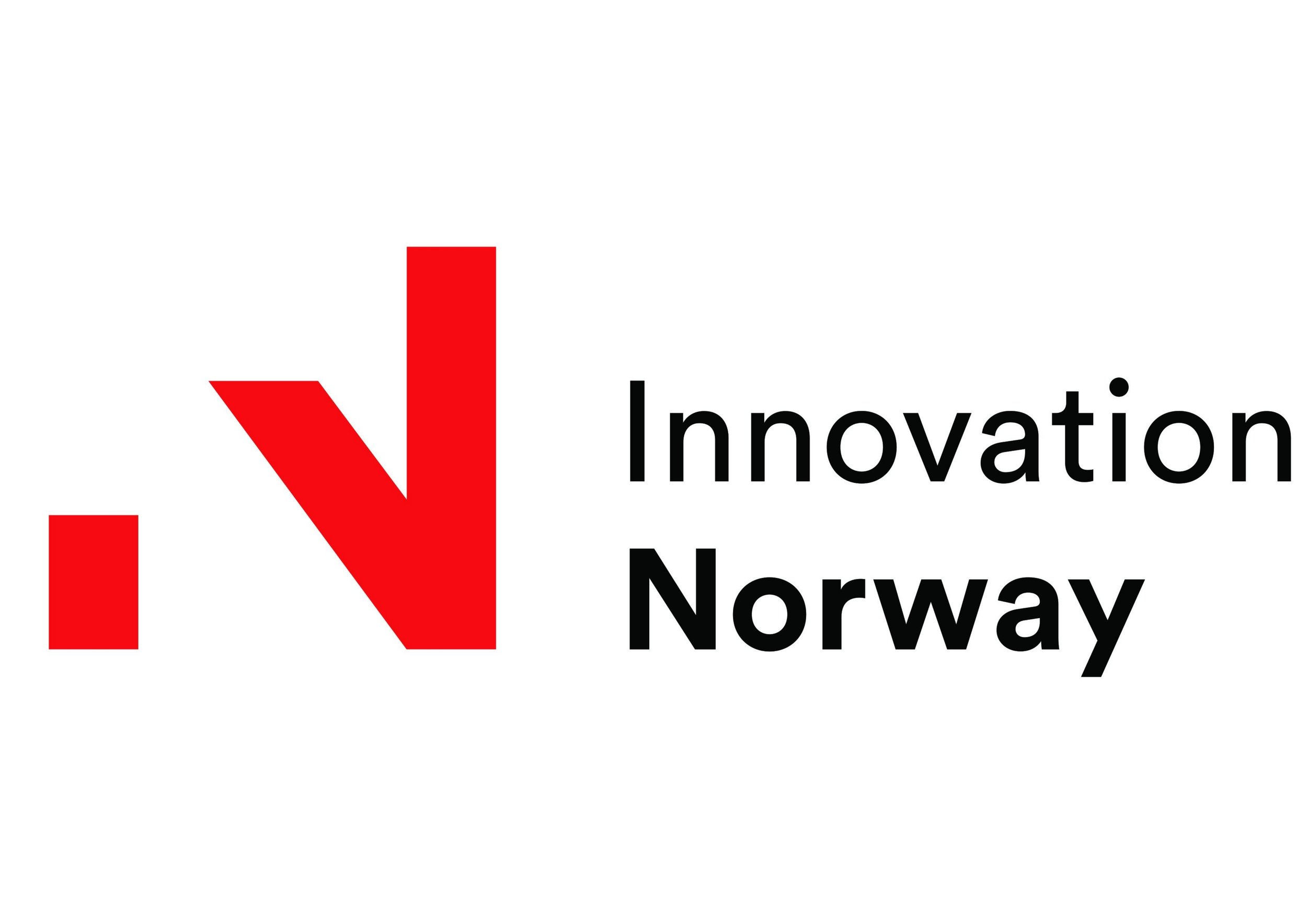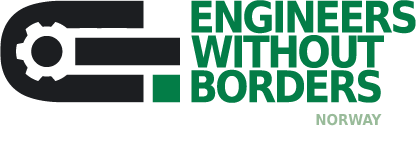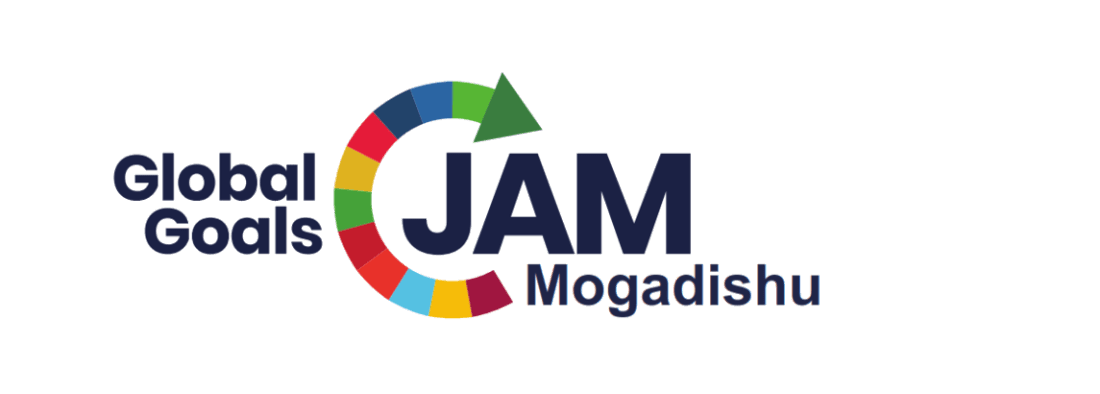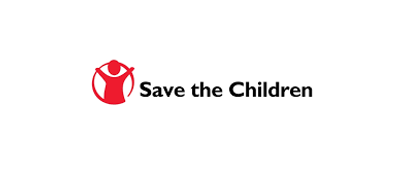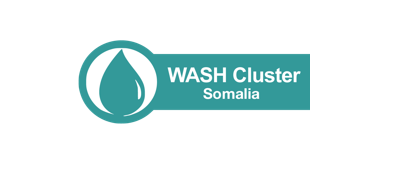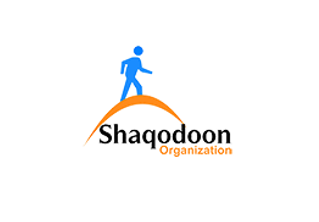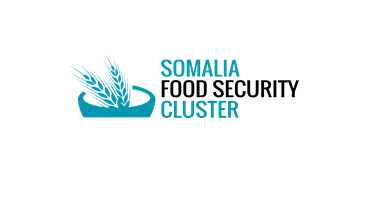Somalia
Response Innovation Lab
Overview
The Somali Response Innovation Lab (SomRIL) is an inter-agency partnership. It seeks to create and apply effective innovations to enhance the impact of humanitarian and development interventions to improve the resilience of the Somali people. This is achieved through providing a supportive and safe environment where NGOs, the private sector, UN agencies, government and academia can share specific challenges they face when delivering humanitarian and resilience programming, and identify innovative solutions which can be brought to scale. SomRIL is part of the Global Response Innovation Lab partnership whose founding members include World Vision, Save the Children, Oxfam, George Washington University and Civic.
The SomRIL is hosted under the Somali Resilience Program (SomReP), which is a consortium of seven NGOs – World Vision, Action Against Hunger, ADRA, Care, COOPI, Danish Refugee Council and Oxfam. With bases in Mogadishu and Nairobi, we bring together a range of different actors working on significantly bettering outcomes for Somalis.
Serving the most vulnerable.
Challenges
Developing the preparedness and resilience of the most vulnerable communities takes a dedicated effort to identify the specific challenges faced in the delivery of basic services (i.e. healthcare; water and sanitation; power; communications) to remote communities, marginalized groups, and other hard-to-reach Somalis. Community-based organizations, local governments, and other entities facing these challenges will need opportunities to uptake local or global solutions that will help remove barriers to service in an emergency.
What we have found to date in Somalia through multiple convening events:
Challenge 1
Sustainable Livelihood and Access to Finance
A range of challenges from employment creation, skills development, connections with private sector opportunities and markets, and financial inclusion.
Challenge 2
Sustainable and Safe Access to Water, Energy, and Waste Management Solutions
A range of challenges from access to affordable and safe drinking water, climate-smart and water-efficient agriculture, and managing and maintaining remote and insecure water points.
Challenge 3
Quality and Access to Health Services
A range of challenges from servicing displaced and nomadic populations, and providing healthcare access to remote communities.
Challenge 4
Strengthened Accountability and Feedback Mechanisms
A range of challenges from aggregating a wide range of data for macro-level analysis, and providing critical information back down to a community level.
Challenge 5
Improved Education
A range of challenges from providing decision-makers with accurate data around school attendance of children, to providing cost-effective resources to improve learning outcomes.
Challenge 6
COVID-19
A range of challenges from reaching rural populations with messaging; hygiene for children and elderly; bridging the continuum of relief to recovery and economic resilience and gathering evidence around best practices in the COVID-19 response to know what interventions are effective.
The challenges are determined from a mapping of all local stakeholders involved in the response. See “What We Do” for more details.
With solutions
What We Do
Somalia is home to a vibrant and growing community of innovators, many of which are looking to help with the recovery from, preparedness toward and resilience to natural disasters and conflict. While funding opportunities exists for commercial products, social entrepreneurs and innovative non-profits do not have access to the capital they need to prototype, test and scale their solutions.
The Somali Response Innovation Lab is a one-stop-shop for Innovators and Entrepreneurs with products and services for humanitarian situations.
Convene
Convening all stakeholders involved in the response is the first action the Response Innovation Lab takes. In doing so, the intent is to understand and build the Ecosystem surround the response. Through the convening, an Ecosystem Map is produced that highlights who all the stakeholders are, where and how they work. The Ecosystem then works together to identify current challenges that are affecting the population the most, and how and if they overlap with other challenges - we call this the Challenge Map. When the ecosystem and challenges are mapped, the Response Innovation Lab moves into the second function of Matchmaking.
>> Click to see the Ecosystem Map.
>> Click to learn more about Convening.
The Matchmaking function supports finding and developing solutions to match the identified challenges. Utilizing a team of experts from the humanitarian sector, innovations from other contexts that are piloting, scaling or in production are considered, as well as those from the local communities that can be incubated and developed. The final tier of solutions are presented to specific stakeholders in the identified challenge, and they select the best solution to move forward. With that final selection, the Response Innovation Lab moves on to its third function of Support.
>> Click to see the Matchmaker Tool.
Support
The Co-Creation Support function benefits two different groups 1) the selected innovator 2) the challenge holder. For the innovator, the Response Innovation Lab supports their piloting to match the challenge, making sure they understand humanitarian ethics in their approach, and how best to capture monitoring and evaluation. Additionally, support is given in business development, funding, and market entry.
For the challenge holders, the Response Innovation Lab, with support, identifies funding opportunities to pilot the solution (although we recommend this happens prior to the solution identification), and the monitoring and reporting of the impact. Overall, the Response Innovation Lab is capturing information and learning on the innovation and applying it to the Matchmaker, for further opportunities.
Ecosystem Mapping
In the development of the Somali Innovation Ecosystem, three tools function to support the understanding, identifing, and mapping of local actors in the humanitarian setting.
The Local Ecosystem Directory identifies actors by industry and function
TheDynamic Relationship Map helps showcase how the ecosystem players are linked together.
The Ranking of Somalia's Startup / Innovation Ecosystem showcases the landscape of the country on a global platform - Startup Blink - and compared to other ecosystems around the world.
The knowledge of the three tools illustrate the breadth and depth of the Somali Innovation Ecosystem, as well as the various ways innovation is utilized within the context. The Somali RIL's research into the ecoystem is groundbreaking in highlighting the incredible opportunities in Somalia, and debuts the country at 95th in the worlds Top- 100 most innovative country for start-ups.
Local Ecosystem Directory
Dynamic Relationship Mapping
Ranking of Somalia's Startup / Innovation Ecosystem
COVID-19
Recognizing that resources are limited, the Somali Response Innovation Lab began leveraging our network before there was a confirmed case in Somalia and worked with various innovators to develop public health messaging in Somali. To date, the lab has supported the development of content that can be freely used, and it has been endorsed by the Somali government.
Additionally, the lab has been working with sector partners to identify challenges and gaps in the COVID-19 response, and source solutions to meet those challenges.
>> Click to see the full list activities
>> Click to see the Somalia COVID-19 Health Resource Repository
That affect change
News
Scaled impact
Innovations
As a part of the Response Innovation Labs support function, both global and local innovators are supported through the labs. Below are a list of innovations the lab is supporting. Please view the Innovation Marketplace to see a comprehensive list from all the labs.
Somali Innovation Spotlight
The Somalia RIL has curated a digital exhibit that shines a spotlight on the diversity of innovations that are creating impact in their respective fields. The examples cover a wide range of sectors and a broad range of usability, from online platforms and low-tech last-mile solutions, to solutions that drive the private sector to respond to market demand, and innovations that aim to strengthen the learning outcomes of children in Somalia. Some of these initiatives are well established while others are constantly iterating and adapting to stay relevant in a changing context. All are contributing towards building a brighter future for the Somali people.
Solution Packs
As a part of the MatchMake function, the Response Innovation Labs produce Solutions Packs for each challenge they run. These go to the Challenge holder for a decision to be made around solutions. Below are samples of some of the Packs developed from past challenges.
When it’s needed.
Evidence
The Response Innovation Lab uses a system called System for Lab Information Management and Evidence (SLIME) to conduct humanitarian innovation data and analytics from across the labs. You can see this live data of highlighting the response ecosystem and innovations on the following dashboard:
With partners.
Thank you to our partners:
Join us!
Lab Lead
Utsav Kharel





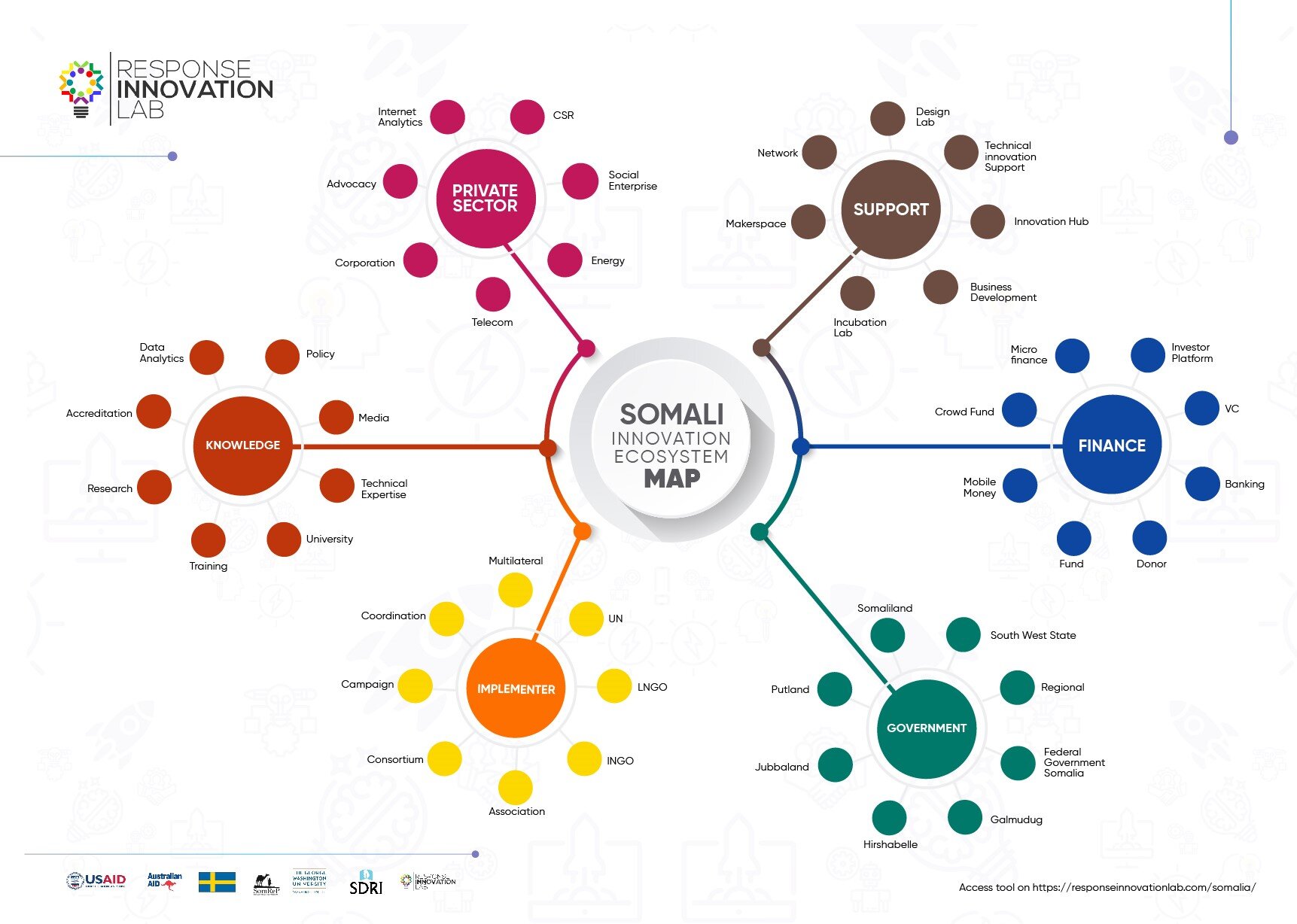
















![2020 Reflections | Plans [VIDEO]](https://images.squarespace-cdn.com/content/v1/5d7fba1a7dc0f278f09832df/1614969216656-02DWH98M6AIIQZIVRQKB/2020+Reflections.png)




![Behind the Digital Attendance App Pilot in Somalia [Story]](https://images.squarespace-cdn.com/content/v1/5d7fba1a7dc0f278f09832df/1591193069035-97FTIW3ICNSN8HGGZJTE/9D0A1602.jpg)

![Innovating with partners in Somalia to curb the spread of COVID-19 [World Vision]](https://images.squarespace-cdn.com/content/v1/5d7fba1a7dc0f278f09832df/1590605234735-27KGKLU2TH3T7QG2ZMIE/ProtectSomaliChildren-01-01_1.jpg)



![Case Study: Piloting the Digital Attendance App in Somalia [Video]](https://images.squarespace-cdn.com/content/v1/5d7fba1a7dc0f278f09832df/1591792163937-EX0ABOKAI5IT3YKLURGU/Thumbnails+-+DAA+Video.jpg)

















